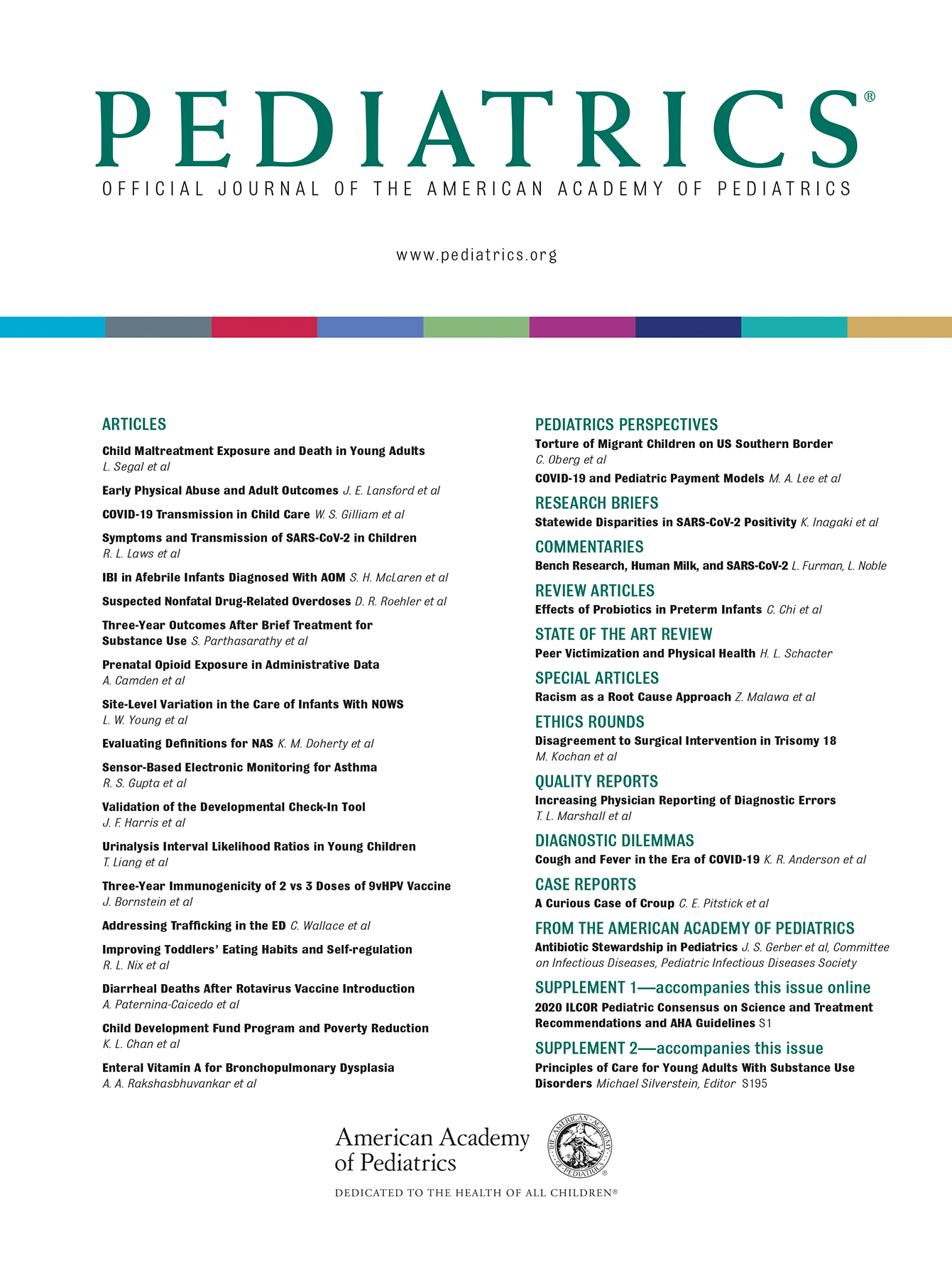To evaluate the effectiveness of a coparenting intervention on exclusive breastfeeding among primiparous mothers and fathers.
A randomized controlled trial was conducted in a large teaching hospital in Toronto, Canada. Couples were randomized to receive either usual care (n = 107) or a coparenting breastfeeding support intervention (n = 107). Follow-up of exclusive breastfeeding and diverse secondary outcomes was conducted at 6 and 12 weeks postpartum.
Significantly more mothers in the intervention group than in the control group continued to breastfeed at 12 weeks postpartum (96.2% vs 87.6%, P = .02). Although proportionately more mothers in the intervention group were exclusively breastfeeding at 6 and 12 weeks, these differences were not significant. Fathers in the intervention group had a significantly greater increase in breastfeeding self-efficacy scores from baseline to 6 weeks postpartum compared with fathers in the control group (P = .03). In addition, significantly more mothers in the intervention group than in the control group reported that their partners provided them with breastfeeding help in the first 6 weeks (71% vs 52%, P = .02) and that they were satisfied with their partners’ involvement with breastfeeding (89% vs 78.1%, P = .04). Mothers in the intervention group were also more satisfied with the breastfeeding information they received (81% vs 62.5%, P < .001).
The significant improvements in breastfeeding duration, paternal breastfeeding self-efficacy, and maternal perceptions of paternal involvement and assistance with breastfeeding suggest that a coparenting intervention involving fathers warrants additional investigation.






Comments